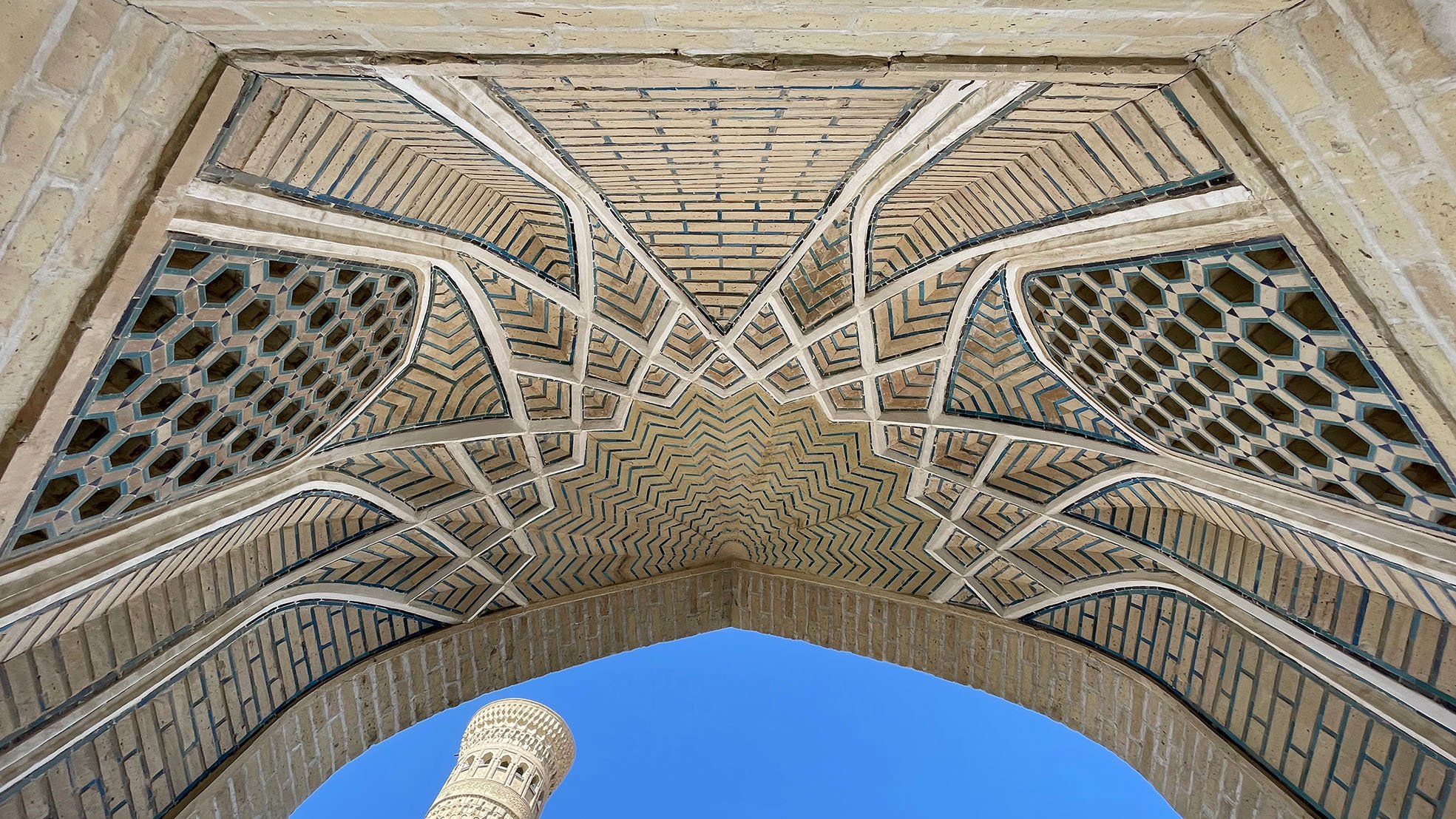
Architectural detail, Bukhara, Uzbekistan. Photo by Jamie Larnach
About the WCC-APR
A new chapter in the long history of the Asia Pacific Region has begun.
WCC APR is delighted to welcome and work with the Asia Pacific Crafts Alliance (APCA).
Both organisations have similar goals and memberships, and both are committed to strengthening the capacity and contributions of the crafts communities in our region.
For many years, the World Crafts Council Asia-Pacific Region has provided a communication and network service for artisans and craft groups across the Asia-Pacific region. Structural, social, economic and technological changes have impacted WCC-APR’s capacity to deliver effectively and efficiently. APCA is established as a formally registered organisation to address gaps and challenges that were beyond the capacity and structures of an informal entity such as WCC-APR.
APCA is in a position to build on the good legacy of WCC, particularly in terms of developing programs that can operate next to government organisations, NGOs, academic institutions and foundations. APCA is committed to building resilience for the future.
Our Vision
WCC APR is an inclusive organisation which strives to strengthen, maintain, promote and ensure that crafts in each country of the Asia Pacific Region are recognised and respected for their cultural contribution to the well-being of society.
Our Objectives
To honour and safeguard the traditions and knowledge held and passed through continuing craft practices.
To encourage innovation and creativity in order to maintain the dynamism of craft practices.
To address the challenges that AI, industrialisation and mass production present to livelihoods.
To raise awareness of the effects of climate change, gender equality, child slavery, loss of livelihoods on craftspeople and seek instruments to address those issues.
To advocate for mechanisms to improve the quality of life of the craftsperson of the Asia Pacific Region and their status within broader community.
To promote knowledge transfer and the stories of craft making through multiple means.
To provide a network and fellowship among craftspersons of the various nations, and to create communication pathways.
To promote cooperation between member countries in general in order to achieve these objectives.
Our Values
WCC-APR is guided by the principles of the United Nations’ Universal Declaration of Human Rights. Our culture is one in which everyone in the organisation feels responsible and accountable for upholding these values in how they work and behave.
Respect
We acknowledge that cultural traditions, knowledge and experiences shape us all. WCC-APR strives to create safe spaces to allow meaningful expressions. Expanding our knowledge of the region’s multiple histories and contemporary challenges underpins our approach.
Social Responsibility
Around the Asia Pacific Region we are mindful of our obligation to maintain public trust through ethical and transparent operations, transactions and relationships, with people, places and partnerships.
It is important to us that all of our partners can demonstrate similar Environmental, Social and Governance (ESG) commitments relating to the ecosystems in which they operate, and in relation to the pursuit of the UN sustainable development goals.
Sustainability
We recognise that mitigating climate change and environmental damage is everyone’s responsibility. WCC-APR consciously adopts practical and technological solutions where possible to reduce our carbon footprint and pollution, and to protect biodiversity. Operating a lean organisation, being mindful of our risks, and open to change is understood to support our resilience and sustainability.
Collaboration & Inclusion
This is central to how we research and facilitate dialogue with organisations, partners and individuals to strengthen the voice of the handmade and to co-design our program.
